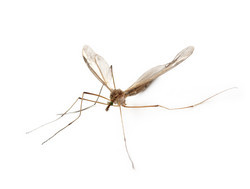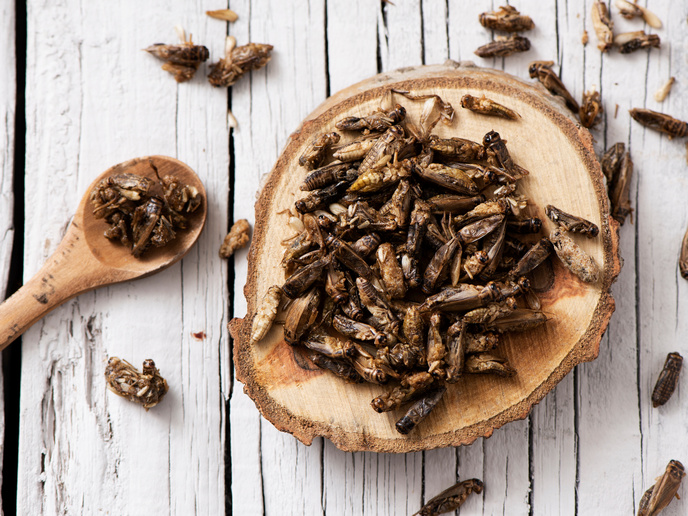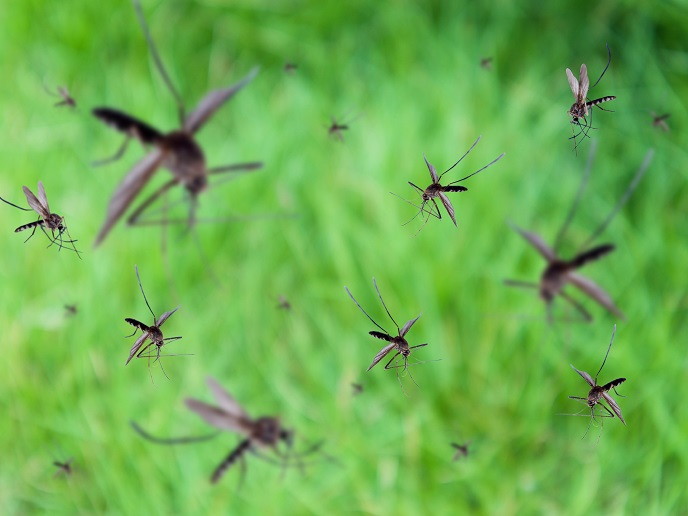Sex determination genes of the mosquito
The EU-funded VECTRAP (Sex determination pathway in the malaria vector Anopheles gambiae) project has looked at the genes activated in male and female A. gambiae mosquitoes during development and sex differentiation. Using high-throughput sequencing, bioinformatics, molecular biology and mosquito genetic manipulation, the research team looked for genes that are differentially transcribed in sex determination. Overall analysis of the qualifying genes revealed that female-biased genes evolve more rapidly than male ones. Specially designed software analysis identified an important set of sex-specific genes, 'Accessory gland genes' (ACPs). Silencing these genes in the male brought about much-reduced progeny numbers. Further investigation into the possibly linked ACPs and sex-related traits made use of the 10 Anopheles species complex to study the evolution of sex-specific genes. Results showed that genes responsible for a male accessory gland protein are clustered on one chromosome arm in the A. gambiae group. However, this is not the case outside this species group. VECTRAP research has shown that genomic knowledge and manipulation can change mosquito fertility, thereby reducing the population size and extent of the malaria vector. Furthermore, studies into the genetics of sexual differentiation could enable manipulation of the sex ratio and avoid production of the female vector. Generally, insects are formidable agents for microbial diseases in humans as well as crops and the VECTRAP knowledge base could be extended to control all insect vectors.







